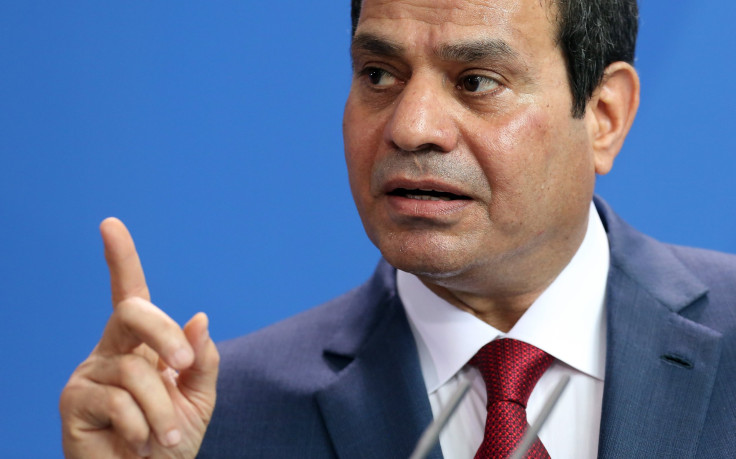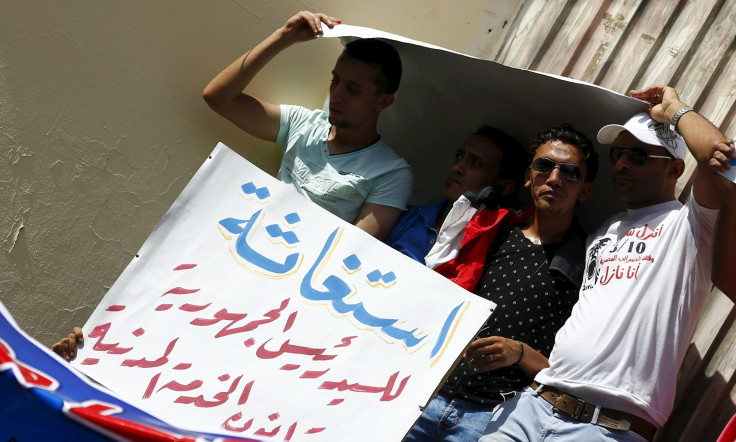Egypt Cracks Down On Terror, But Critics Say New Law Will Harm Media

Egyptian President Abdel Fattah el-Sisi signed into law Sunday a measure he says will reign in terrorism and discourage militant groups at a time when the country is fighting a rising insurgency aligned with the Islamic State. But tucked within the law is a stipulation critics say could also choke independent media coverage of emerging terror groups, and which effectively empowers the government to dictate the public conversation about these groups.
The law permits the government to fine Egyptian citizens 200,000 pounds ($25,000) to 500,000 pounds ($783,000) for straying from facts provided in official government statements and reports when discussing militant groups and terror attacks, Reuters reported.
The law was billed as an anti-terrorism measure, but critics say it will make it more difficult for the media to report facts or investigate leads provided by parties outside of the government. They also worry outsized fines could shutter small newspapers and silence major outlets.
The original draft of the law even allowed the government to impose jail time for violators, but that punishment was softened after Egyptian media outlets pushed back. However, the government can still suspend citizens’ employment for egregious offenses under the new law.
Egypt’s government was outraged when media outlets overestimated the number of soldiers who died in the aftermath of a jihadist attack in the Sinai Peninsula in June, Yahoo News reported. Sisi and his supporters hope exerting control over the media's ability to spread information will prevent such misstatements in the future.
The law does contain several points to directly combat terrorism, including harsher punishments for involvement in these groups. Egypt can now issue a sentence of a possible 10 years in jail for being a member of a terrorist group and a life sentence for financially supporting one. Leading such a group is now punishable by death.

Sisi assumed the presidency after former Islamist President Mohamed Morsi was forced from office during uprisings in the spring of 2013. Sisi continuously has imposed ever harsher anti-terrorism measures amid pressure to maintain order in the face of militants like Wilayat Sinai, a militant group in the Sinai Peninsula that has pledged allegiance to the Islamic State group.
Sisi has been accused by human rights organizations of harshly repressing political opponents. Supporters of Morsi, considered hard-line Islamists by some, have rejected Sisi's authority to rule, prompting a widespread crackdown on the Muslim Brotherhood, as well as others critical of Sisi's policies. The government has closed tens of thousands of mosques and banned books in addition to placing heavy constraints on media.
Ali Gumah, one of the most influential Sunni scholars in the world who served as Egypt's grand mufti, has likened obeying Sisi to obeying the Prophet Muhammad himself, and called for violence against the opposition.
© Copyright IBTimes 2024. All rights reserved.












